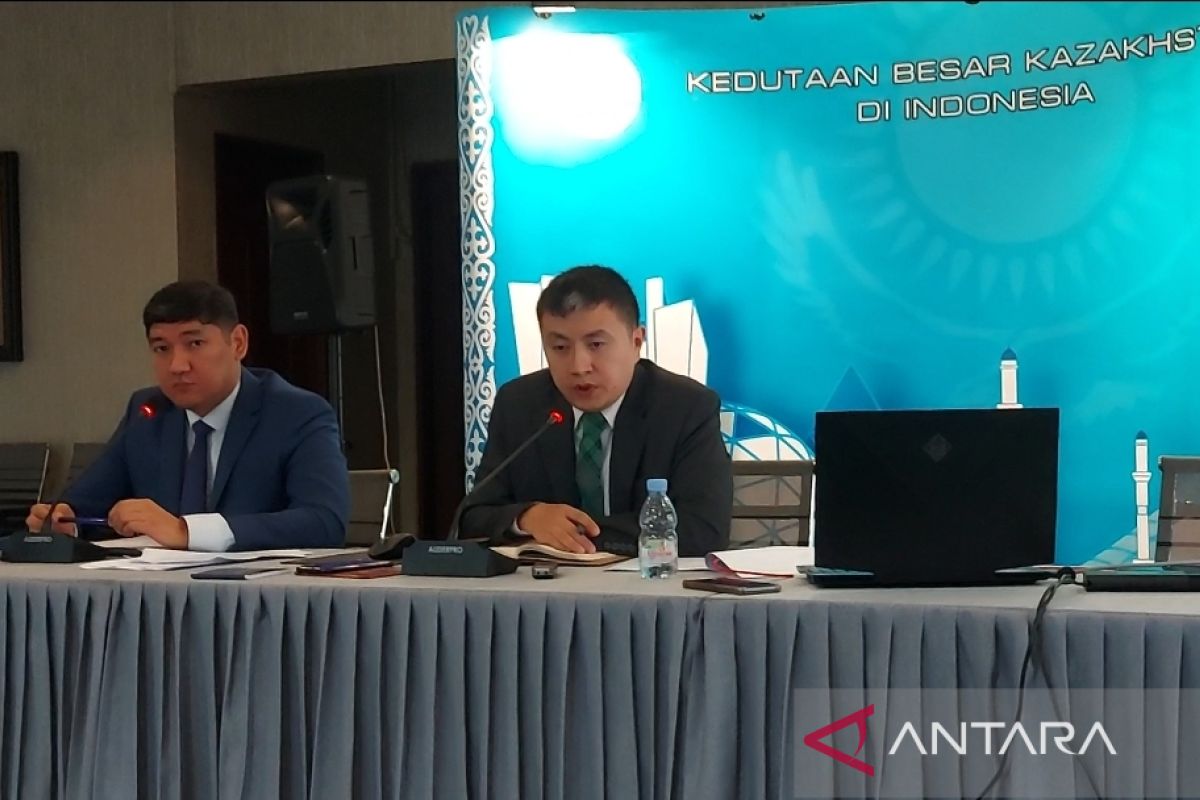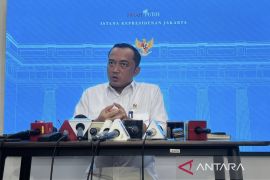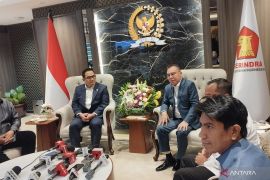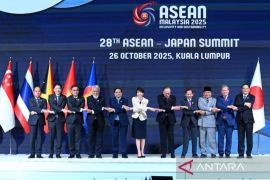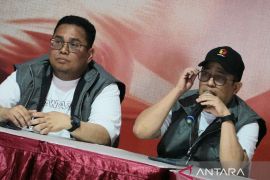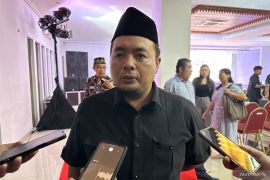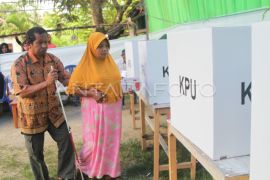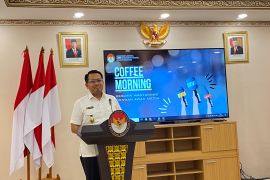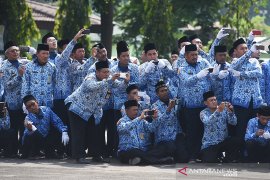"This election will be unique in many aspects," Counselor of the Kazakhstan Embassy in Indonesia Kazbek Bokebayev said at a press conference here on Friday.
Two new political parties will participate in the elections, which will determine the members of the lower house of parliament (Mazhilis) and regional representative bodies (Maslikhats), he added.
The two parties are the Green Party and the Respublika Party.
It is hoped that the Green Party's presence will increase people's awareness of ecological issues — a very important area given the ongoing challenges of climate change.
The issue is also a great concern for citizens in the country due to the enduring consequences of large-scale Soviet-era man-made environmental calamities.
Overall, seven parties have registered for contesting the elections, offering several political choices for the electorate.
Their participation in competitive elections will further contribute to strengthening the multi-party system by increasing the plurality and influence of opposition politics, an objective that the country has been working toward for the past several years.
Another unique thing is that the mixed proportional-majority system will be used for the first time in the Mazhilis election since 2004.
The system would allow 70 percent of representatives to be elected proportionally from party lists and 30 percent by majoritarian rule from single-member districts.
"This means that 29 out of 98 members of parliament will be elected in single-mandate constituencies, while 69 will be elected from party lists under the proportional representation model from a single nationwide constituency," Bokebayev explained.
The elections to the maslikhats of districts and cities will also be held under a mixed electoral system, with a 50/50 ratio.
Lower-level maslikhats will be elected completely under a majoritarian rule.
In addition, an "against all" option will be included on the ballots, which will give the electorate the opportunity to express their disapproval of all candidates should they wish to do so.
In the meantime, a 30-percent quota for women, youth, and persons with special needs will be provided at the legislative level in the distribution of the mandates of the members of parliament from the party lists.
"This will ensure wider representation in the parliament of all groups in Kazakhstan," the counselor explained.
As many as seven political parties and candidates from single-member electoral districts will compete for 98 seats in the Mazhilis and 3,415 seats in Maslikhats during the election.
The election will also involve 800 international observers and 250 foreign journalists for ensuring openness and transparency during the election campaign and on voting day.
Related news: Election will mark an important milestone for democracy in Kazakhstan
Related news: Kazakhstan paves way for greater cooperation with Indonesia
Related news: Commemorating Republic Day, Kazakhstan's flag colors shine on Monas
Reporter: Katriana
Editor: Azis Kurmala
Copyright © ANTARA 2023
